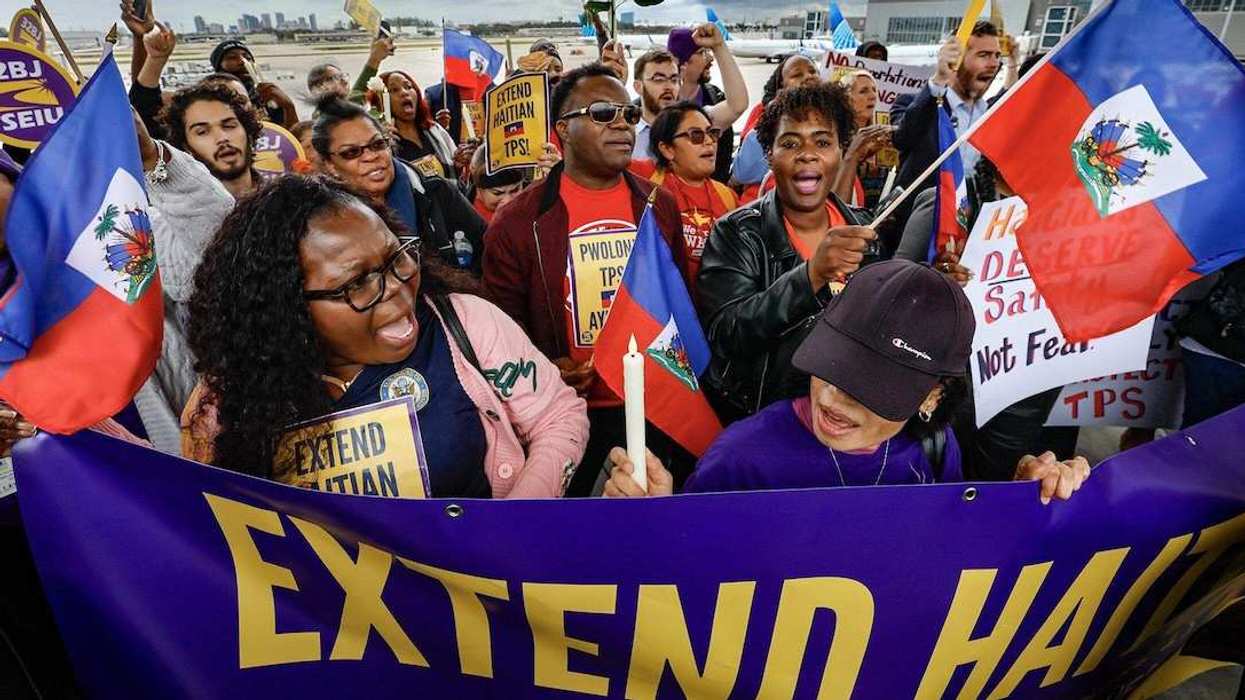Across South and Southeast Asia, something unusual is brewing.
Massive economic protests in Indonesia were inflamed in late August when a police car rammed into a taxi and killed the young driver. “Gen Z” demonstrators in Nepal earlier this month burned the parliament and forced the prime minister to resign. And this week in Timor-Leste, protestors – including many students – set cars ablaze in objection to a government plan to buy vehicles for politicians.
A common thread among widely different contexts? Young people are fed up with corruption by entrenched leaders. The Indonesian unrest was touched off when young people struggling with high living costs learned all 580 members of the House of Representatives were receiving a housing benefit – President Prabowo Subianto has replaced certain high-level ministers in a desperate bid to quell the unrest.
Protestors in Timor-Leste – including many students – fumed about a similar proposal in their country, where lawmakers already make 10 times the country’s median income. Nepal’s young people have suffered from a stagnant economy, and when the government banned most social media as part of a broader crackdown on speech, it tipped them over the edge, beginning what has been dubbed the “Gen Z revolt.”
These upheavals have only added to the pile of political crises in the region. Three weeks ago a court removed Thai Prime Minister Paetongtarn Shinawatra from office over a deferential phone call with a leading Cambodian politician during a border dispute. Myanmar is in perpetual crisis as a military junta fights a grinding civil war against multiple armed groups. In the Philippines, the House speaker has just resigned over a corruption scandal amid a broader battle between two ruling families.
Though young people are at the heart of the latest protests in Indonesia, Nepal, and Timor Leste, it’s not an issue that’s specific to Southeast Asia, according to Joshua Kurlantzick, a senior fellow at the Council on Foreign Relations.
“I don’t think it has to do with the region,” Kurlantzick told GZERO. “You can see that in tons of other places around the world, young people are completely fed up with politics… The center is falling apart in all of these places.”
Though the domestic ramifications of each of these revolts are unclear – Prabowo remains in charge in Indonesia, while Nepal is still trying to determine its next leader – one thing is certain: the region’s collective foreign policy is now under strain, lacking any coherent vision at a time when the rivalry between United States and China is white hot.
“It definitely has an effect on regional politics and leadership,” said Kurlantzick. “You don’t have the region’s most-powerful countries being devoted to foreign or regional policy. That is a huge problem.”
This has major economic ramifications, as the countries are dealing with Washington and China on a one-to-one basis, weakening their bargaining position against these two superpowers.
“In the past, the 10 Southeast Asia states negotiated trade agreements with other powerful countries, like Japan and China.” Kurlantzick added. “They could have all worked together and rejected the Trump administration’s transshipment tariffs, and you have a billion people and huge exporters in this region, but they couldn’t.”


















